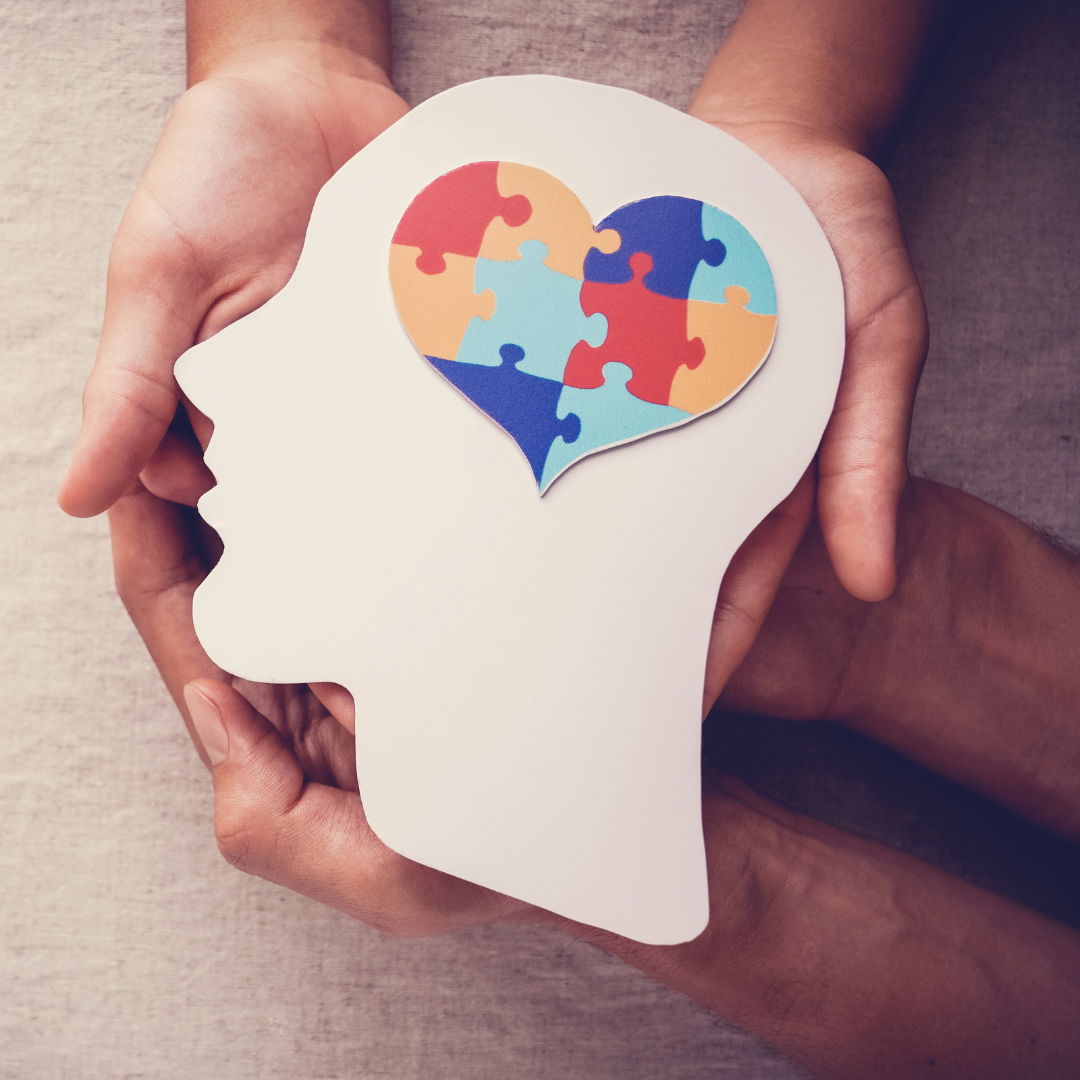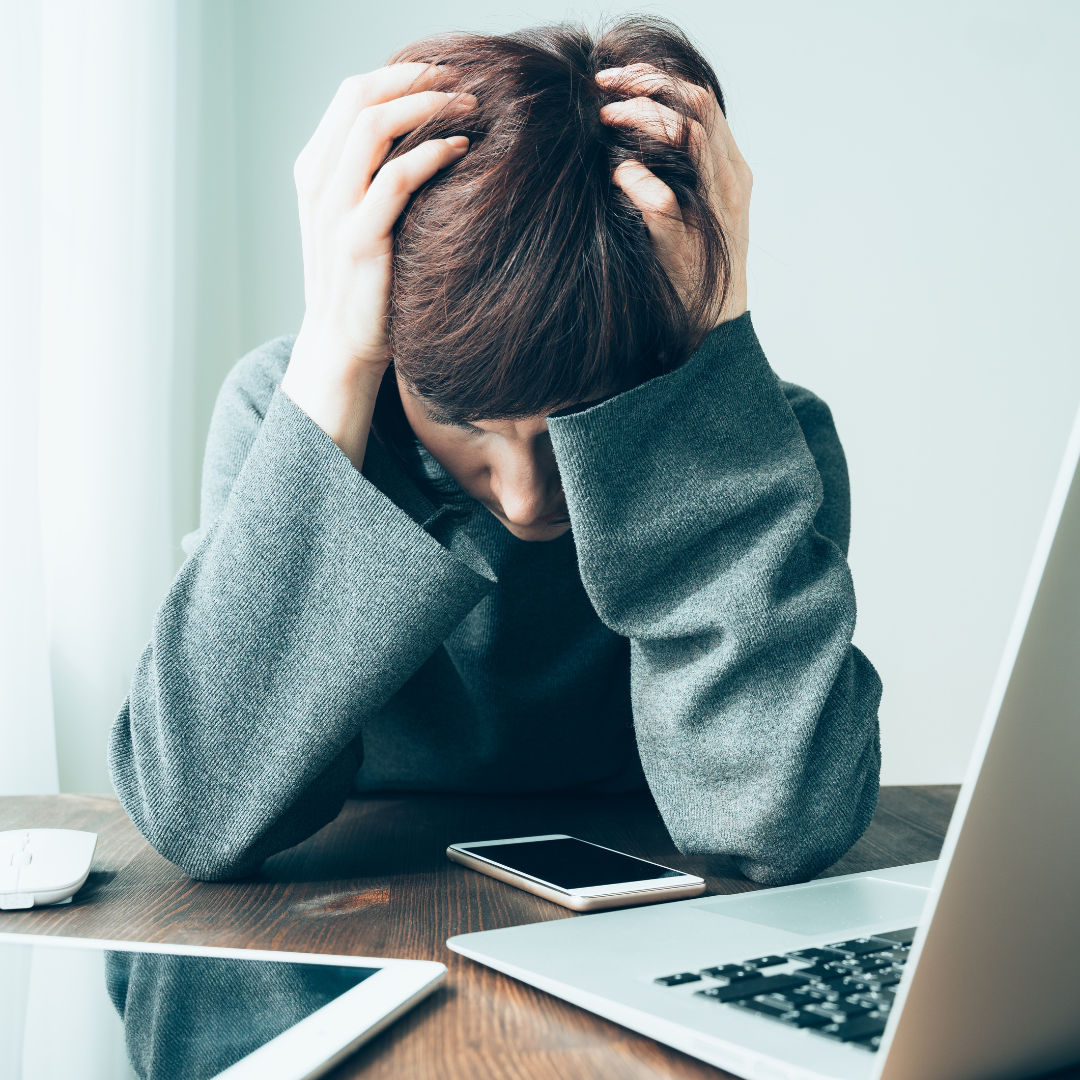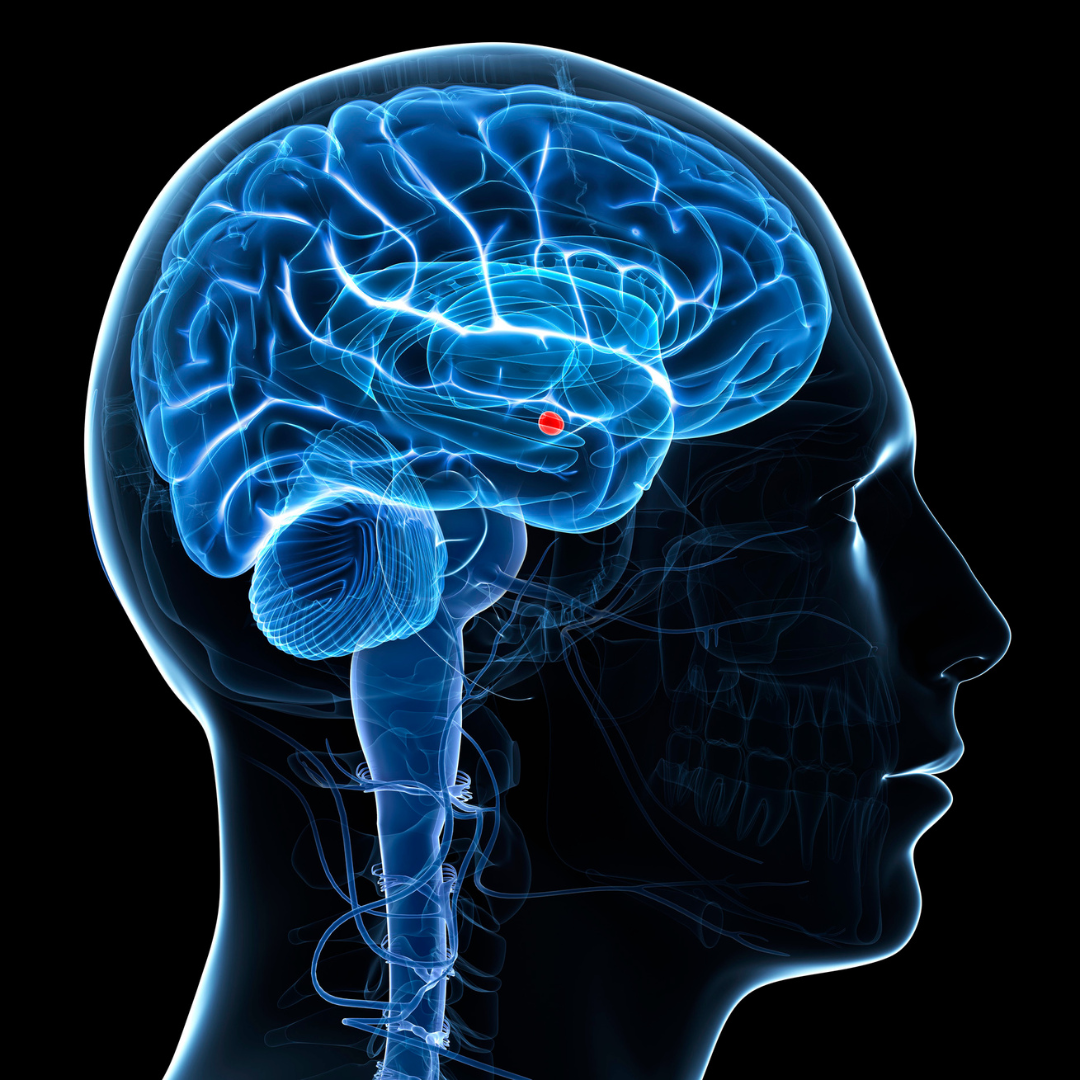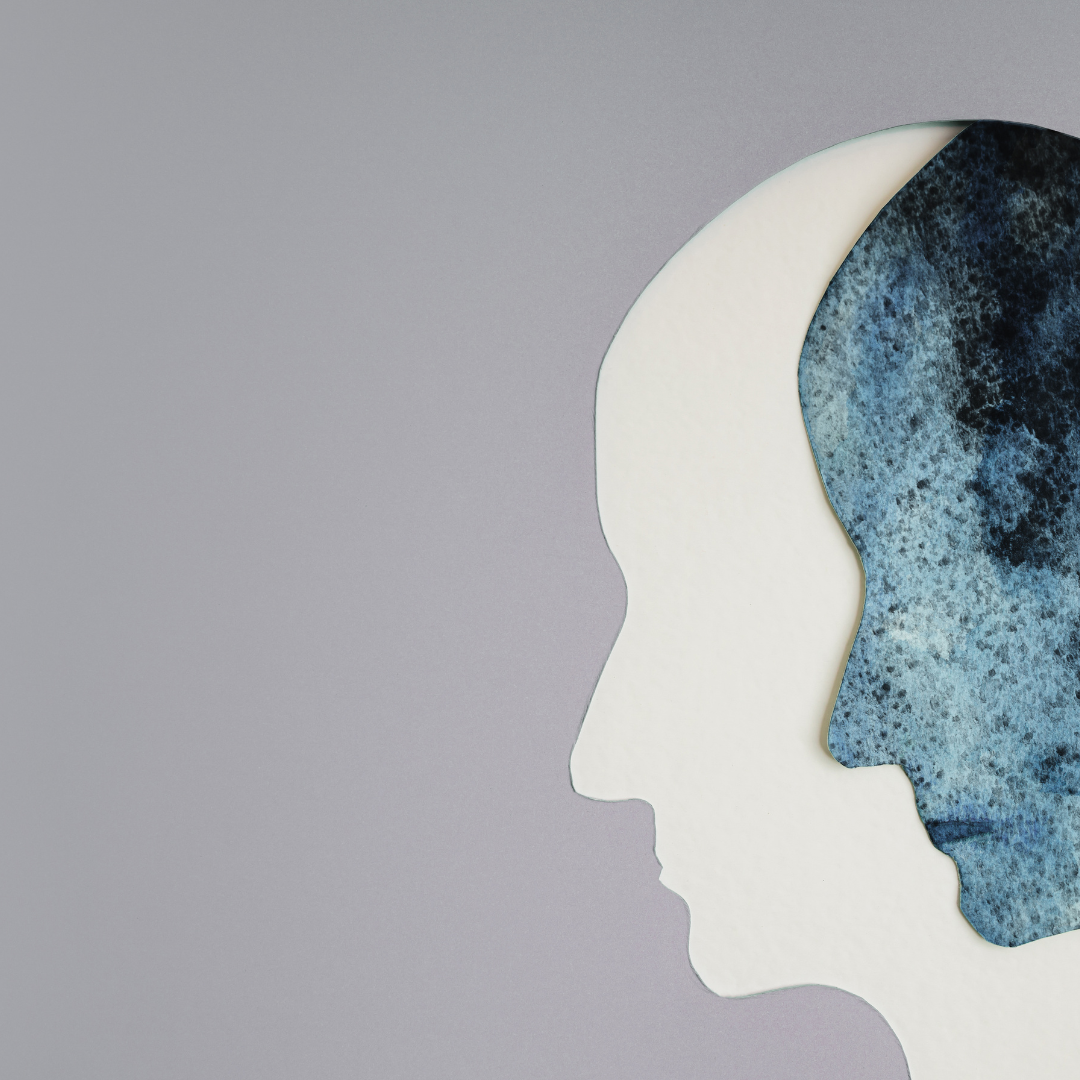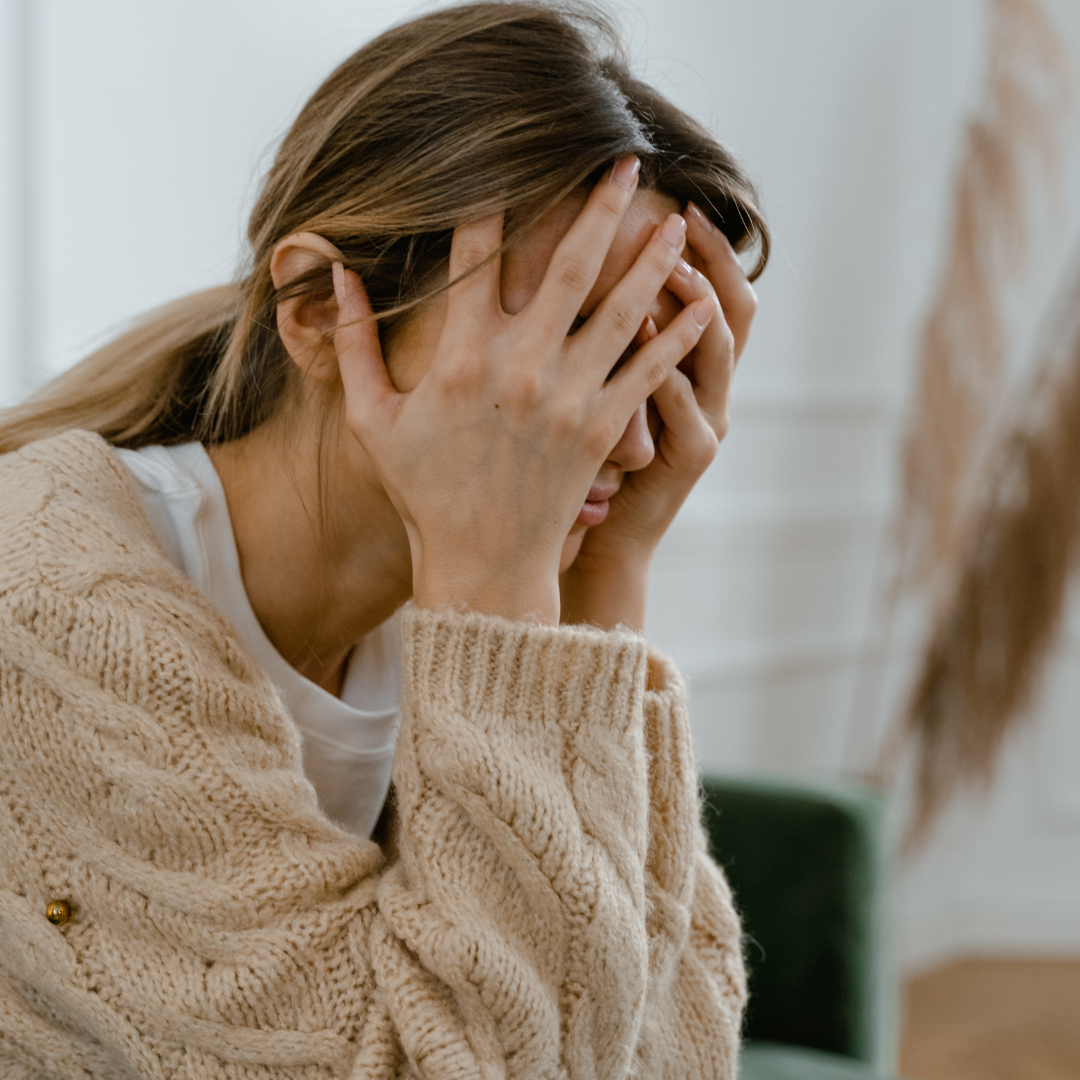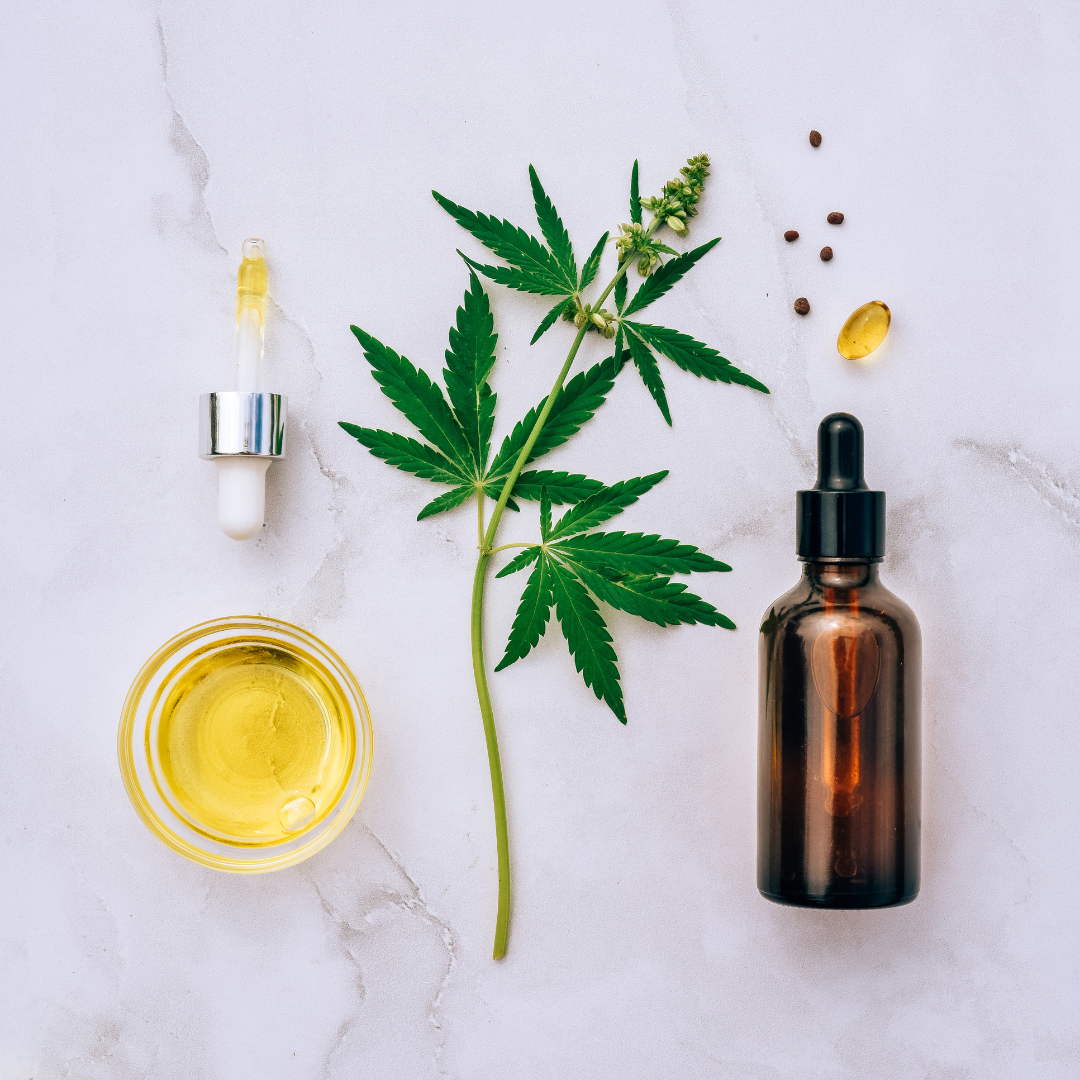Impact of Phobias on Mental Health: Understanding and Overcoming Them
Are you afraid of spiders, heights, or enclosed spaces? These are common phobias that can affect people’s daily lives and mental health. Phobias can create intense fear and anxiety, leading to avoidance behaviors that limit one’s ability to function. We’ll explore the impact of phobias on mental health and provide tips for understanding and overcoming them.
Let’s dive into the world of phobias!
What are Phobias?
It is estimated that about 10% of the population in the United States suffers from some type of phobia. A phobia is an intense and irrational fear of something that poses no real danger.
Phobias can have a significant impact on a person’s mental health. They can cause anxiety and depression, and can make it difficult for a person to function in their day-to-day life. If you suffer from a phobia, it is important to understand that you are not alone and that there are treatments available that can help you manage your symptoms and live a full and healthy life.
Types of Phobias and the Impact on Mental Health
There are many different types of phobias, including agoraphobia (fear of open spaces), claustrophobia (fear of enclosed spaces), and specific phobias (fear of certain objects or situations, such as heights, flying, or animals). These phobias can often lead to anxiety and panic attacks, which can be very debilitating.
Causes of Phobias
There are many different potential causes of phobias. Some people may develop them after a traumatic event, while others may be genetically predisposed to them. There is also some evidence that suggests that phobias can be learned through classical conditioning.
One of the most common theories about the cause of phobias is that they are a result of conditioning. This means that people learn to associate certain objects or situations with negative experiences. For example, if someone had a bad experience while swimming, they might develop a fear of water.
Another theory is that phobias are innate, which means that they are present from birth. This theory is supported by the fact that many people with phobias report never having had any negative experiences with the object or situation they fear.
Regardless of their cause, phobias can have a significant impact on mental health. People with phobias often go to great lengths to avoid their feared object or situation, which can lead to social isolation and anxiety. Phobias can also interfere with work and school performance.
Common Symptoms of Phobias
The many different types of phobias can come with their own unique set of symptoms. However, there are some common symptoms that are often seen in people with phobias, which can include:
- Intense fear or anxiety when faced with the object or situation that is feared
- Avoidance of the object or situation that is feared
- Physical symptoms such as increased heart rate, sweating, shaking, and difficulty breathing when faced with the object or situation that is feared
- Thoughts and beliefs about the object or situation that is feared that are out of proportion to the actual danger involved
- Interference in daily life due to fear and avoidance
Treatment for Phobias
The different types of phobias require different approaches to treatment. The most common type of phobia is specific phobia, which is an irrational fear of a specific object or situation. This can be treated with exposure therapy, which involves gradually exposing the patient to the thing they’re afraid of until they no longer feel anxious about it.
Social phobia is another common issue among individuals, causing significant anxiety, self-consciousness, and embarrassment in everyday conversations. This type of phobia could be effectively addressed through art therapy, which uses creative techniques to help individuals express themselves and understand their emotions. It includes activities such as drawing, painting, and sculpture-making. Furthermore, the benefits of art therapy may include boosting self-esteem, reducing stress and anxiety, and enhancing self-awareness.
Similarly, other types of phobias usually involve a combination of medication and cognitive behavioral therapy. Medication can help to reduce anxiety symptoms, while therapy can help the patient to understand and change their thought patterns.
Coping Strategies for Living with Fear and Anxiety
As much as we might wish otherwise, fear and anxiety are a natural part of life. Everyone experiences these emotions from time to time, and they can actually be helpful in some situations. For example, fear can motivate us to take action to avoid danger, and anxiety can help us stay alert and focused.
However, when fear or anxiety becomes excessive or persistent, they can become disabling. This is especially true when they’re accompanied by phobias which can make it difficult or even impossible to do everyday activities such as driving, going to work, or leaving the house.
If you live with fear and anxiety, there are things you can do to cope. Here are some strategies that may help:
- Identify your triggers. If you know what causes your fear or anxiety, you can try to avoid those triggers or be prepared for them when they occur.
- Challenge your thinking. If you tend to catastrophize or dwell on negative possibilities, try to reframe your thoughts in a more positive light. For example, instead of thinking “I’m going to have a heart attack if I give this presentation,” tell yourself “I’ve given presentations before without having a heart attack and I can do it again.”
- Breathe deeply. When you’re feeling anxious or stressed, take a few deep breaths and focus.
In addition to these tips, you may regularly practice mindfulness and exercise for 30 minutes a day, which can release mood-elevating hormones. Further, you can take Massage Therapy in Omaha, NE or similar other places, which can allow you to relax and relieve stress.
If none of these methods work out for you, it may be time to consider seeking professional help. It can provide a structured approach to address your challenges in a way that is tailored to your specific needs. Therapists, counselors, or specialists who may offer anxiety therapy near you are often trained to understand the complexities of personal struggles and can, therefore, offer insights and techniques that might not be apparent through self-help methods.
Understand and Overcome Your Phobia
Phobias can have a significant impact on our mental health, but understanding what causes them and how to overcome them is key. With proper support and guidance from professionals, it is possible for those affected by phobias to manage their fears and lead healthier lives. Taking the time to research different treatments available, such as cognitive behavioral therapy or exposure therapy, can greatly help in finding a way forward from these often debilitating conditions.

